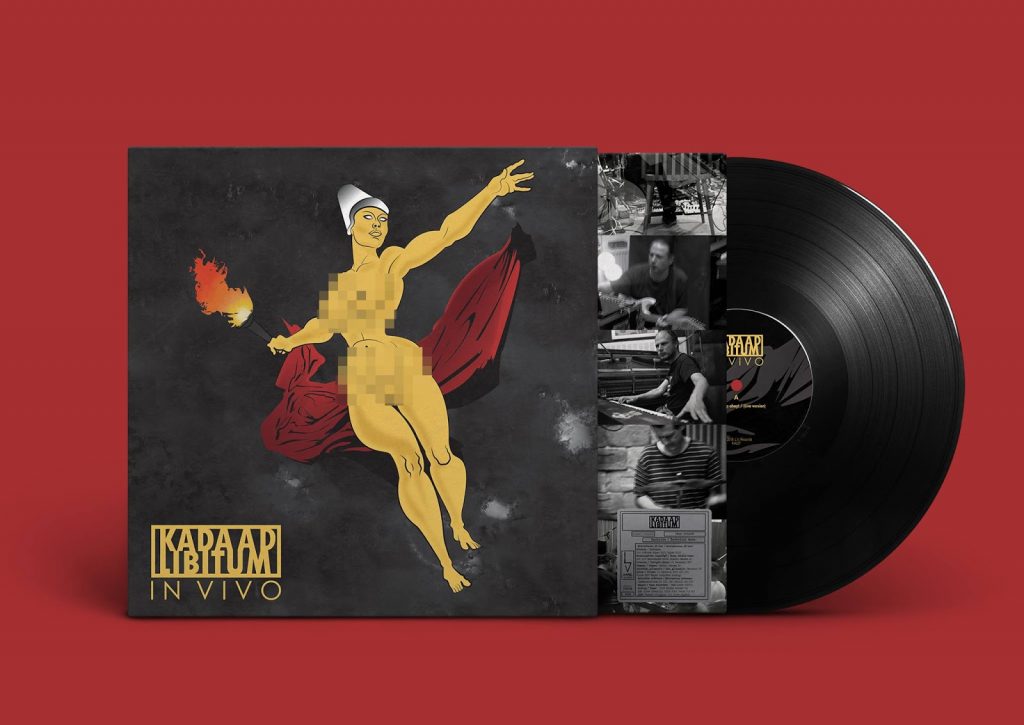The program of Daniel Vaczi’s new Glissonic Trio revolves around the glissonic instruments that Vaczi has invented. Some of the pieces have their roots in classical music (from Josquin to Webern) while some are completely original. However, they all acquire their final character and form by improvisation. They feature one of Leonardo da Vinci’s musical rebuses (picture-for-words puzzles). More Incidentally one of the sketches of the renaissance polymath contains a recorder which, like the glissonic, has one longitudinal gap instead of holes, “These two flutes do not produce sounds at intervals but rather in the manner of the human voice. This sound is produced by moving your hand up and down, as on a trumpet or a flute. You can also produce sounds at tone intervals of 1/8 and 1/16, and any other sound you like.”1 Playlist 02 contains a collection of the Trio’s pieces from different albums and some of Vaczi’s solos and may provide easier listening than the Multet pieces. The music of the Trio is closer to the melodies and harmonies of traditional jazz, while the Multet’s music combines the approach of classical music with the pronounced rhythms of modern jazz and the freedom of improvisation. There was a major change in the Trio in 2020 when Mate Pozsar piano player joined the Trio, taking over the function of the double bass, but also enriching the music with more polyphonic structures and harmonies.
Members:
Daniel Vaczi – glissotar (glissonic tarogato), sopranino saxophone
Mate Pozsar – piano, analogue synthesizer, Rhodes
Zsolt Sarvari Kovacs – drums


